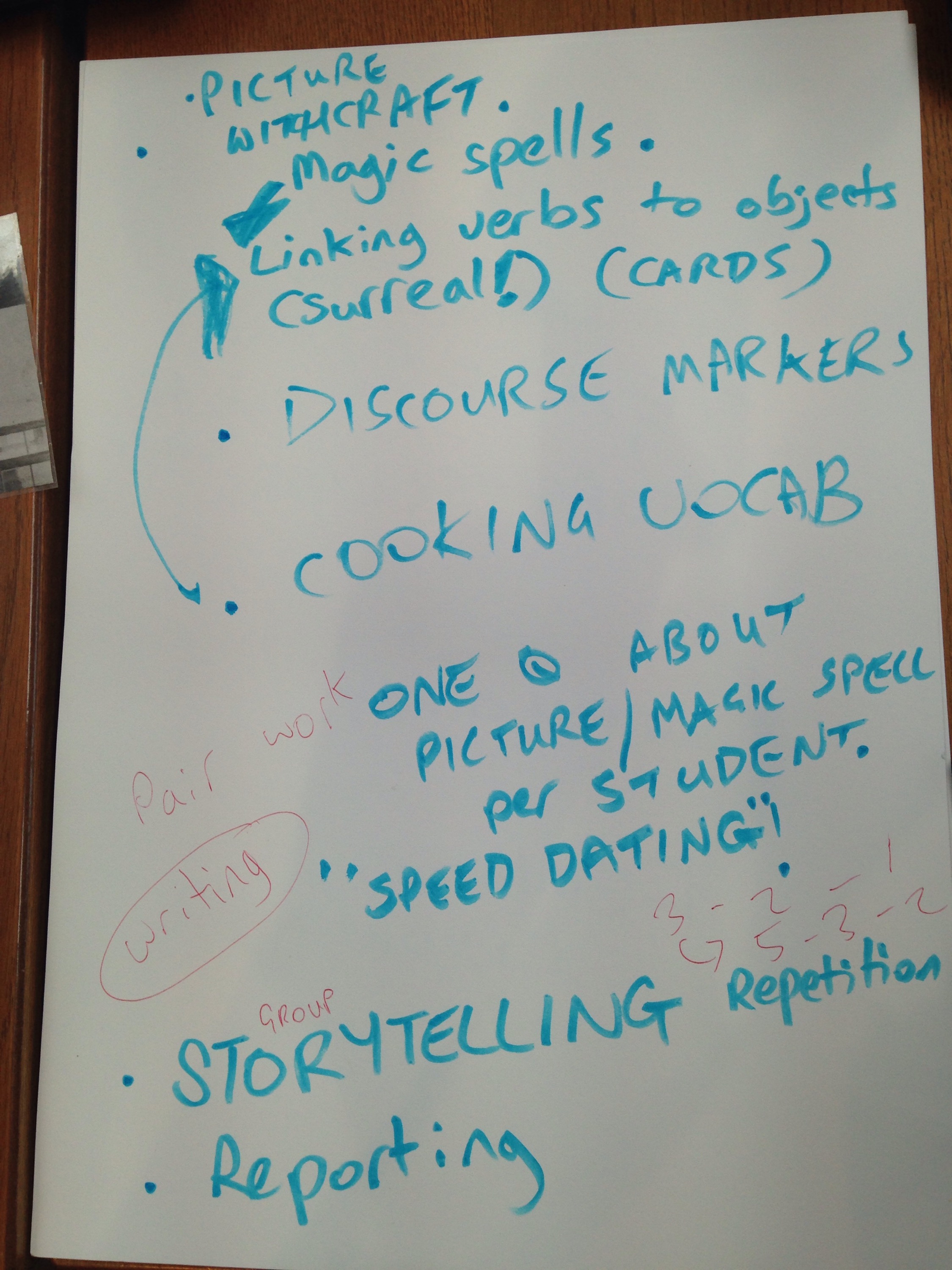This is not a ‘smash the system’ post but more to do with dissatisfaction at work. I’m sure everybody has had the feeling of dread that comes of another work day rolling around. For me it was having to repeat the same rubbish based on rubbish books upon which rubbish syllabi were based and imposed on me and my learners (by people with no experience of teaching language). You might not have this problem. For you it might be behavioural issues in the classroom, an incompetent or unsupportive boss, lack of support, or something else entirely.
What can you do?
I think the first step is analysis. What exactly is the problem? Probe this until you get to the root. For me, the books were awful because half the topics were stupid and irrelevant to my life and my students’ lives yet to use the book without the carrier topics often made no sense.
Next you need to brainstorm solutions. Don’t worry about practicalities at this stage, just generate ideas. Once you have enough, shortlist them and try them out (more than just a couple of times if it’s feasible). Document it and be systematic because it might be useful for other teachers (if so blog it, present it or see if your local teachers’ association will publish it). Even small-scale research is research. Try your other ideas, too. I thought about how I could use the books as little as possible. I’d heard about Dogme but it wasn’t until I started my DipTESOL that I came to Task Based Language Teaching, which gave me the option of a different framework within which to use ‘the book’ and ideas about how language might be assessed formatively, that is for planning further learning instead of to put a number on somebody. I still need to pay lip service to some pointless grammar syllabi my students have covered in previous school settings but I don’t do it for the whole lesson in those situations. Anyway, you need to try things to see what works for you, why it works, and even if it works whether it’s the best solution.
If you can’t get around your problem and you can’t solve it you might want to start looking for a new job. First, think about whether your problem is a gripe or a big deal, though. I parted company with s couple of places because I realised they weren’t right for me. Sometimes you can’t do it immediately. Grit your teeth, learn something new and let people know you’re looking for something new. You might also be open to teaching in new settings.
If you have other ideas for fighting the rot, leave them in the comments, please.

